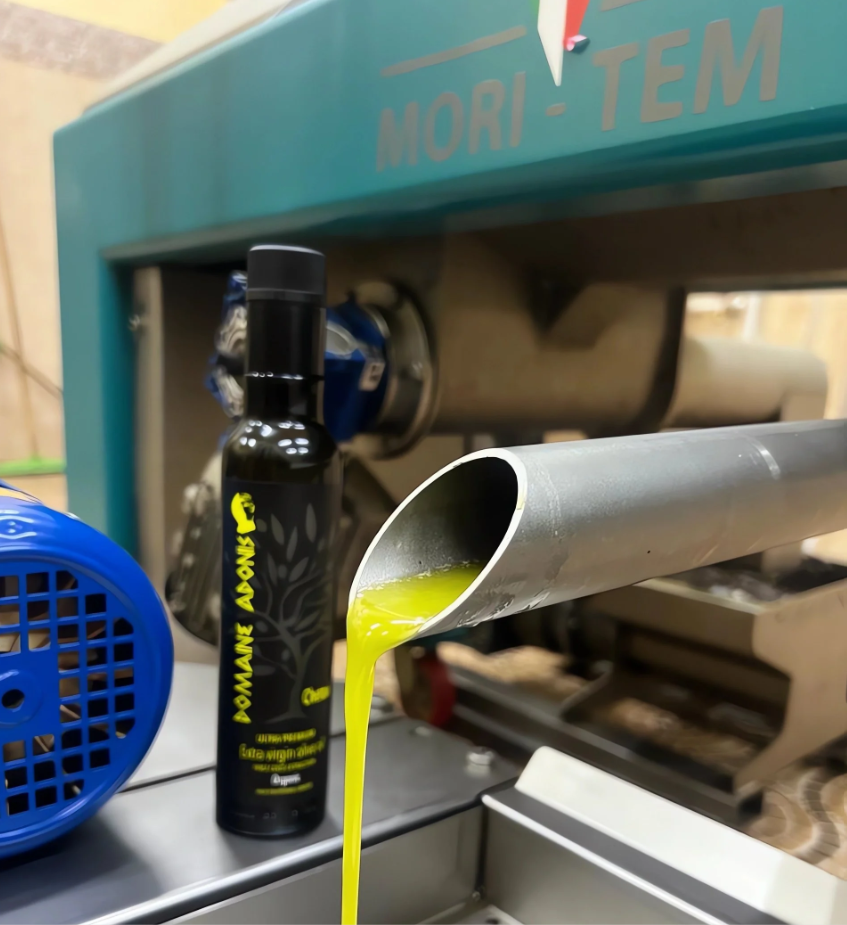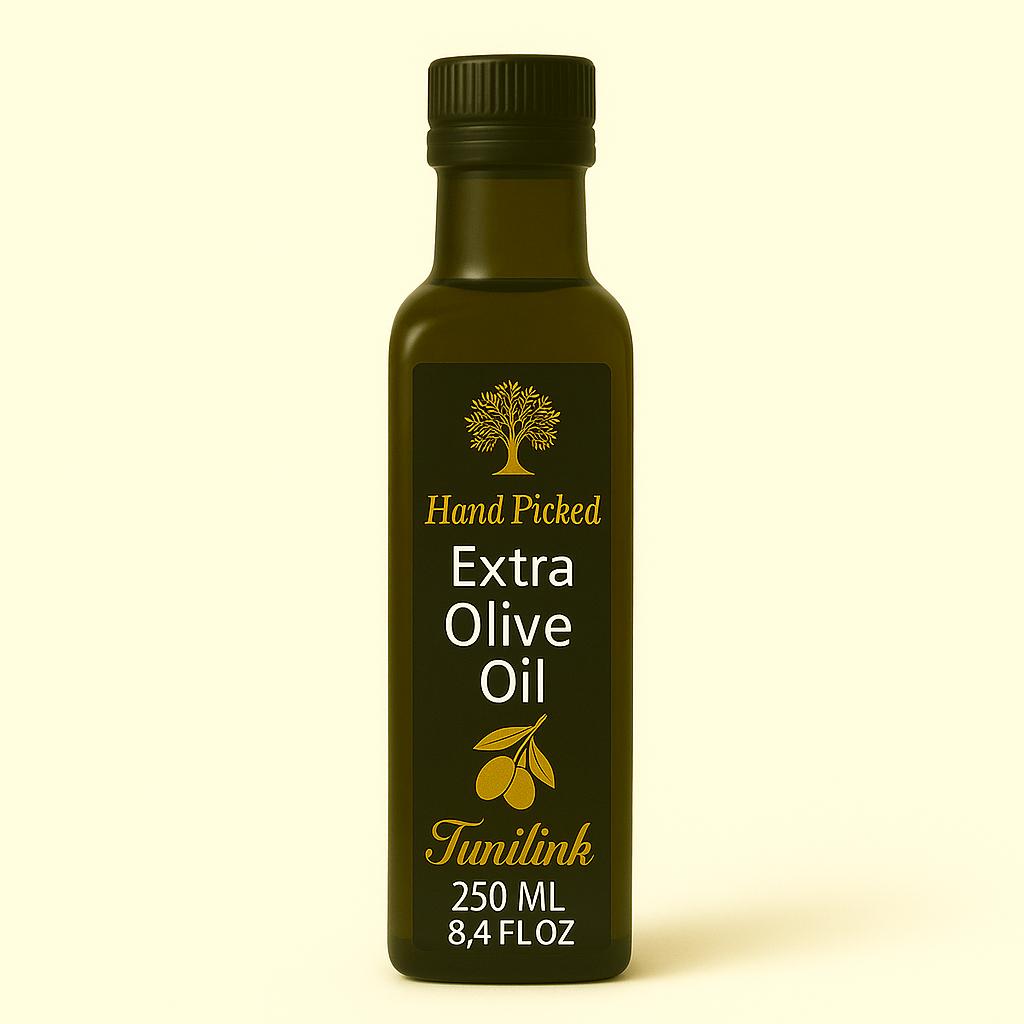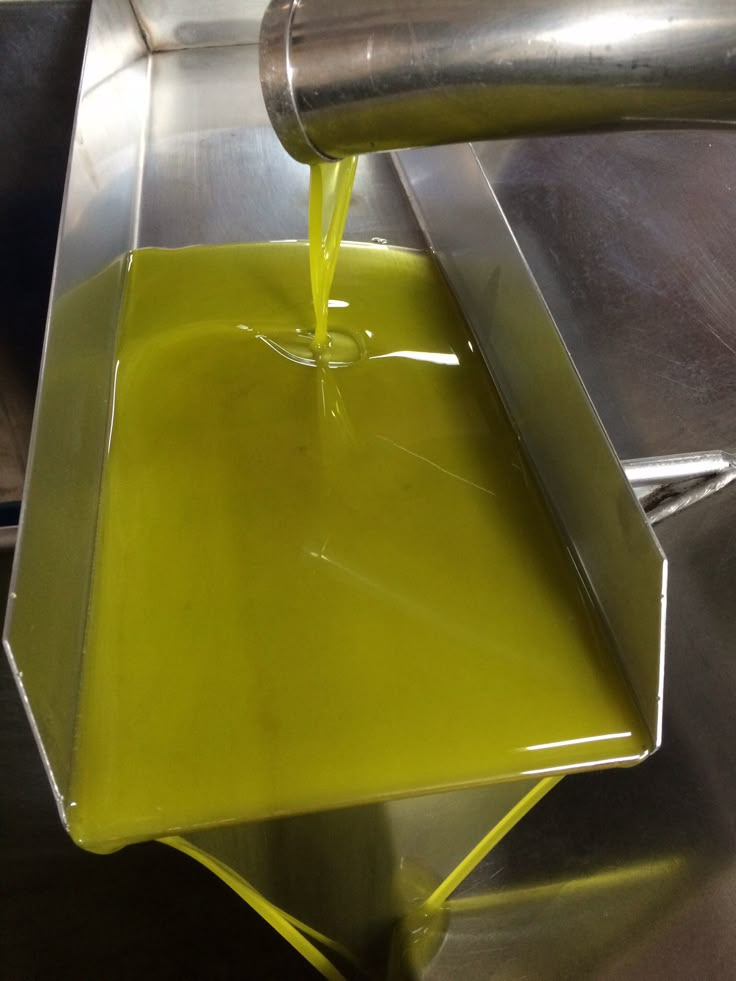Tunisia Bulk Olive Oil Exports & EU Market Channels (น้ำมันมะกอกตูนิเซีย: บัล์ก vs มูลค่าเพิ่ม)
สรุปสั้น: น้ำมันมะกอกของตูนิเซียส่วนใหญ่ถูกส่งออกในรูปแบบ bulk มากกว่าแบบบรรจุขวดและติดแบรนด์ ทำให้ประเทศสูญเสียมูลค่าเพิ่มในขั้นตอนบรรจุภัณฑ์ การตลาด และการสร้างแบรนด์ ขณะที่สหภาพยุโรป (EU) นำเข้าโดยใช้ทั้งโควตาภาษี 0% และระบบ inward processing.
1) Current Export Pattern (รูปแบบการส่งออกปัจจุบัน)
Tunisia exports a large share of its olive oil production. Most of these exports, around 80–91%, are sold in bulk. Only a small portion, less than 9%, is bottled and branded before leaving the country. This pattern limits the country’s ability to capture added value.
2) Main Destinations (ปลายทางหลักของการส่งออก)
A significant portion of Tunisian bulk olive oil goes to Spain and Italy. These countries are also major olive oil producers. The European Union has remained Tunisia’s main export market since the 1970s. This long-standing relationship shapes current trade dynamics.
3) Inside the EU Supply Chain (ห่วงโซ่อุปทานในสหภาพยุโรป)
Once in Europe, companies often blend Tunisian bulk oil with local oils. They bottle and label the mix under European brands. Regulations do not require them to disclose the percentage of Tunisian oil. As a result, the product’s origin becomes less visible to consumers.
4) Two EU Import Channels (สองช่องทางนำเข้าหลักของ EU)
- Tariff Quota (โควตาภาษี 0%): This system allows a set amount of Tunisian oil to enter the EU duty-free each year. It can be bulk or bottled, and it keeps its Tunisian origin identifiable.
- Inward Processing (กระบวนการผลิตภายใน): This method also allows duty-free entry. However, the oil must be processed or mixed by EU companies and then re-exported. In this case, the final label often hides its Tunisian origin, shifting profits and recognition abroad.
5) Why This Is a Problem for Tunisia? (ทำไมจึงเป็นปัญหาสำหรับตูนิเซีย)
Bulk exports generate income based only on the oil’s physical quality. The branding, packaging, and marketing profits remain in Europe. Spain, for example, buys Tunisian oil at low commodity prices. It then bottles and sells it as “Spanish” oil at a higher margin. Therefore, Tunisia loses the chance to earn more from its product.
In addition, this model prevents the growth of value-added industries inside Tunisia. Bottling and branding locally would create jobs, encourage innovation, and strengthen the country’s international image. Without strong branding, Tunisian olive oil remains anonymous in global markets.
6) Takeaways (ข้อสรุปสำหรับผู้ประกอบการ/ผู้นำเข้าไทย)
- Tunisia has strong potential to build premium olive oil brands for export.
- Bottling and branding in Tunisia can raise both value and consumer recognition.
- Thai buyers, including HORECA and supermarkets, can promote traceability and origin to stand out.
SEO Tags (ใช้คอมมา, ไม่ใช้ #)
TunisiaOliveOil, OliveOil, ExtraVirginOliveOil, BulkOliveOil, EUOliveOilMarket, OliveOilExport, น้ำมันมะกอกตูนิเซีย, ส่งออกน้ำมันมะกอก, โควตาภาษีศูนย์, นำเข้าอาหาร, HORECA, บริษัทเทรดดิ้ง, ผู้นำเข้าไทย, ซูเปอร์มาร์เก็ต, organicoliveoil, traceability, branding, inwardprocessing, tariffquota, MediterraneanOliveOil


